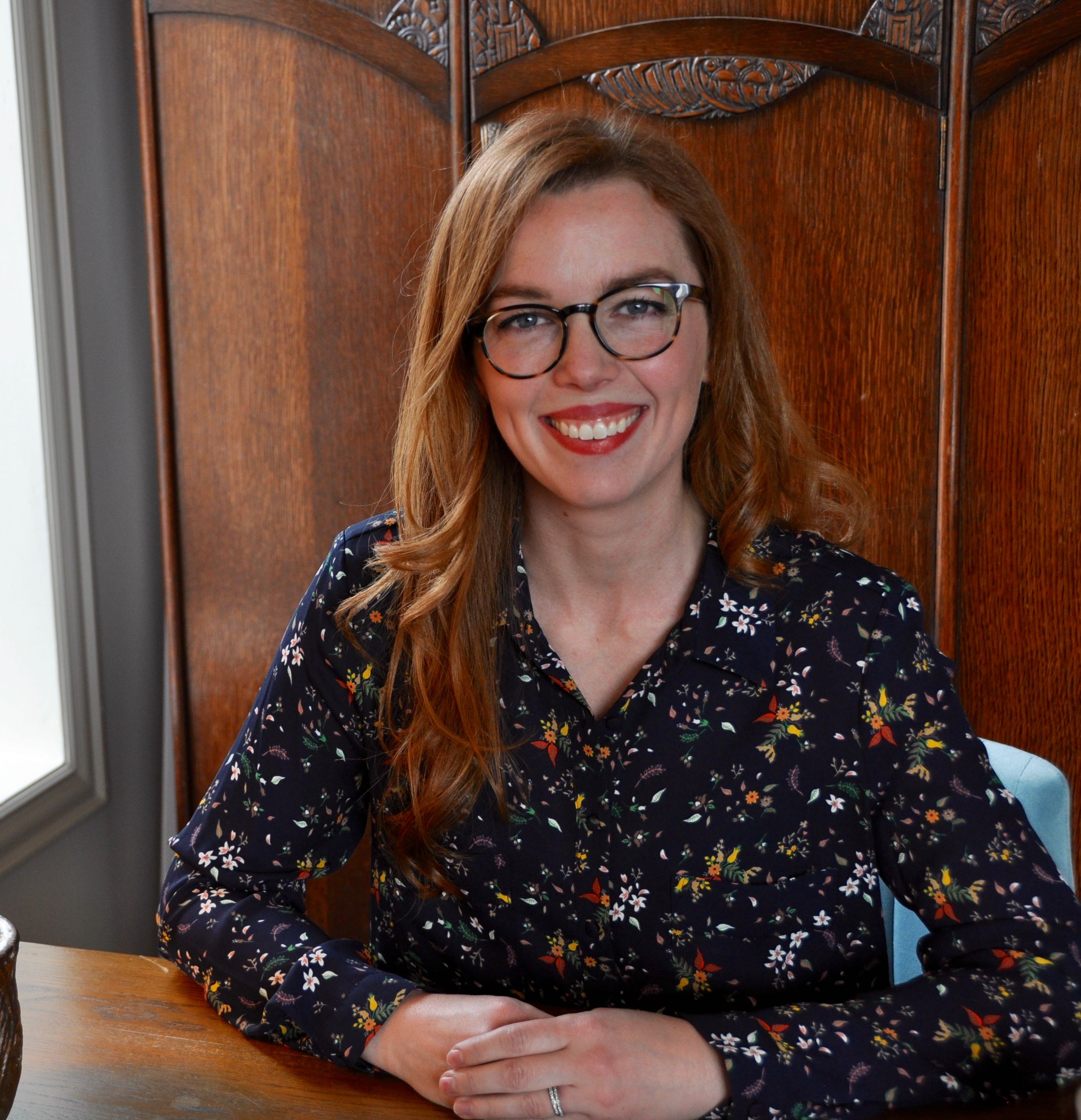Escape to the Present- Mindfulness and Nature
There is something that draws us into the beauty of nature. I like to think of it as surrender to the elements we can’t control- and in the lack of control, there is beauty and peace. It is wild and unpredictable and we are just in it. I think of being in the ocean with water so deep, waves high, and animals swimming beneath our feet. It’s thrilling and yet, it can be the most relaxing and refreshing experience. We spend our time and money getting to these places so we can experience this escape. What if we didn’t have to fly away on vacation to experience this kind of escape and relaxation?
This is where I believe nature can come in to provide rest from our busy lives. If we can routinely (key word) let ourselves experience something purely present, we can calm those physiological symptoms (heart rate, breathing, other stress responses), and we can settle the emotional and mental noise.
There is new research in the mental health community about the healing affects of nature. There are scientists right now testing the affects of soil bacteria in healing allergies and now even depression (article here). We are increasingly drawn away to other worlds through our phones, social media, netflix, etc. None of these are unhealthy in themselves, but they can send us back into that mental loop that we get stuck in sometimes. I call it rumination. It can be a thought pattern of fear, discouragement, overwhelm, or stress. By contrast nature is present. It’s the beautiful now.

I discovered how true this is a years ago when my first daughter was born. I struggled with post pardum depression. I had dark days where my thoughts spiraled into despair and despondency. One day I decided to get outside and work on my backyard. I started digging and planted a small vegetable garden. Since then I have come back again and again to my garden as a respite from my internal world.
My garden is seasonal- it teaches me things change. It has a mind of its own and teaches me patience and peace in what I can’t control. It’s beautiful, which pulls be back into the present every time I see a seed sprout or a flower emerge.
There are so many benefits to my garden, it’s difficult to determine what really helps the most: the exercise, the vitamin D, the distraction, the soil, or the beauty? It was so healing for me in a time in my life when I felt under water. Douglas LaBier Ph.D. wrote an article about this very thing. In nature “…you’re simply present. Conscious in the moment. Observing the flow of your mental and emotional activity; but not being pulled into it. That conscious “now” allows for greater inner calm, clearer judgment, and it enables more focused, creative responses to everyday life.” Dr. LaBier talks about broadening our view by seeing ourselves as connected to the world right around us. Where you can move from self-focused thoughts and feelings to seeing yourself as part of a community of people and within the natural world. To try this practice out, try a mindfulness mediation (click here) then take a walk or try one of these ideas.
Some ideas for engaging with the present world around us:
- Plant some seeds
- Take a walk (leave your phone at home)
- sketch something you see outside
- smell the flowers and the freshly cut grass!
- Take a drive with the windows down
- Try this mindfulness meditation

Morgan Myers, LPC-intern
Supervised by Jessica Taylor, LPC-S
Morgan is a therapist at East Dallas Psychotherapy specializing in mothers with young kids overwhelmed by life, figuring out relationships, and dealing with depression and anxiety. For more about her click here.
More articles about the benefits of Nature and Mindfulness
Read about the “relaxation response” (as opposed to a stress response) by Dr. Herbert Benson














